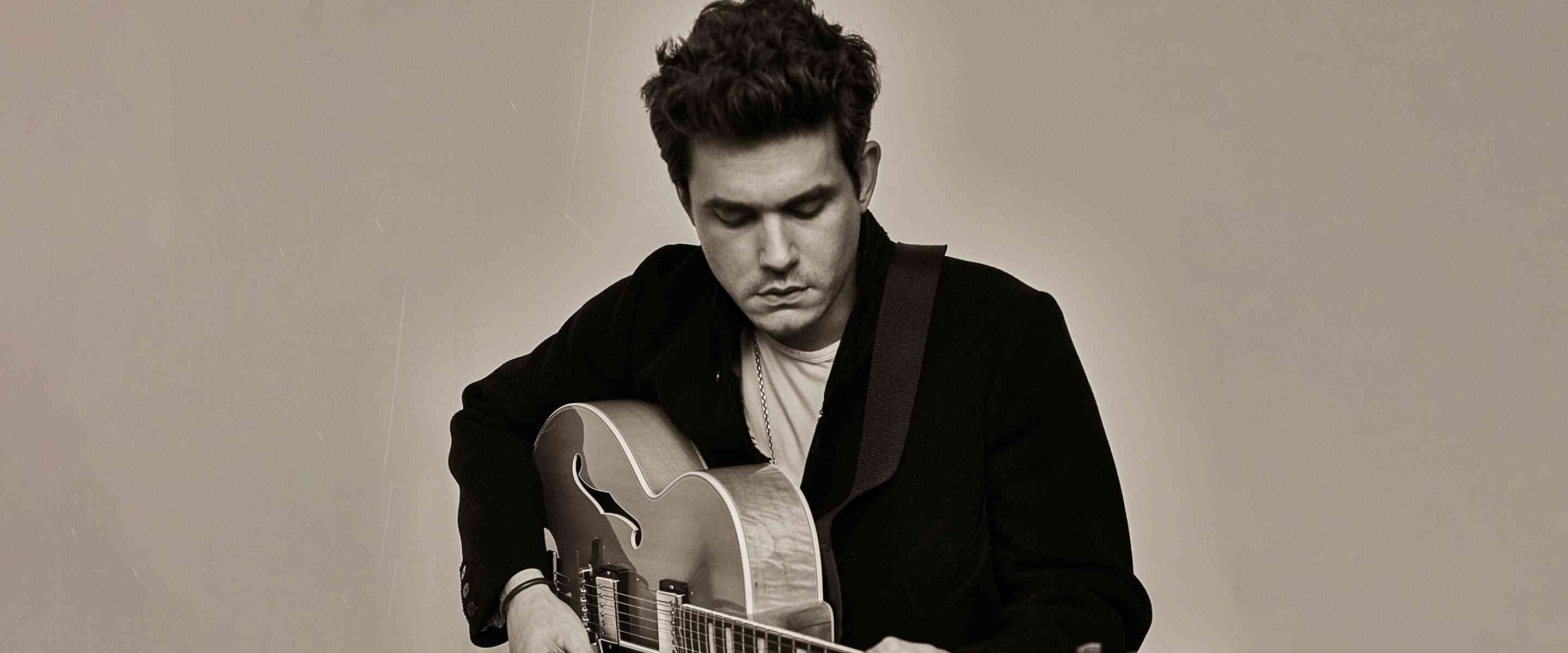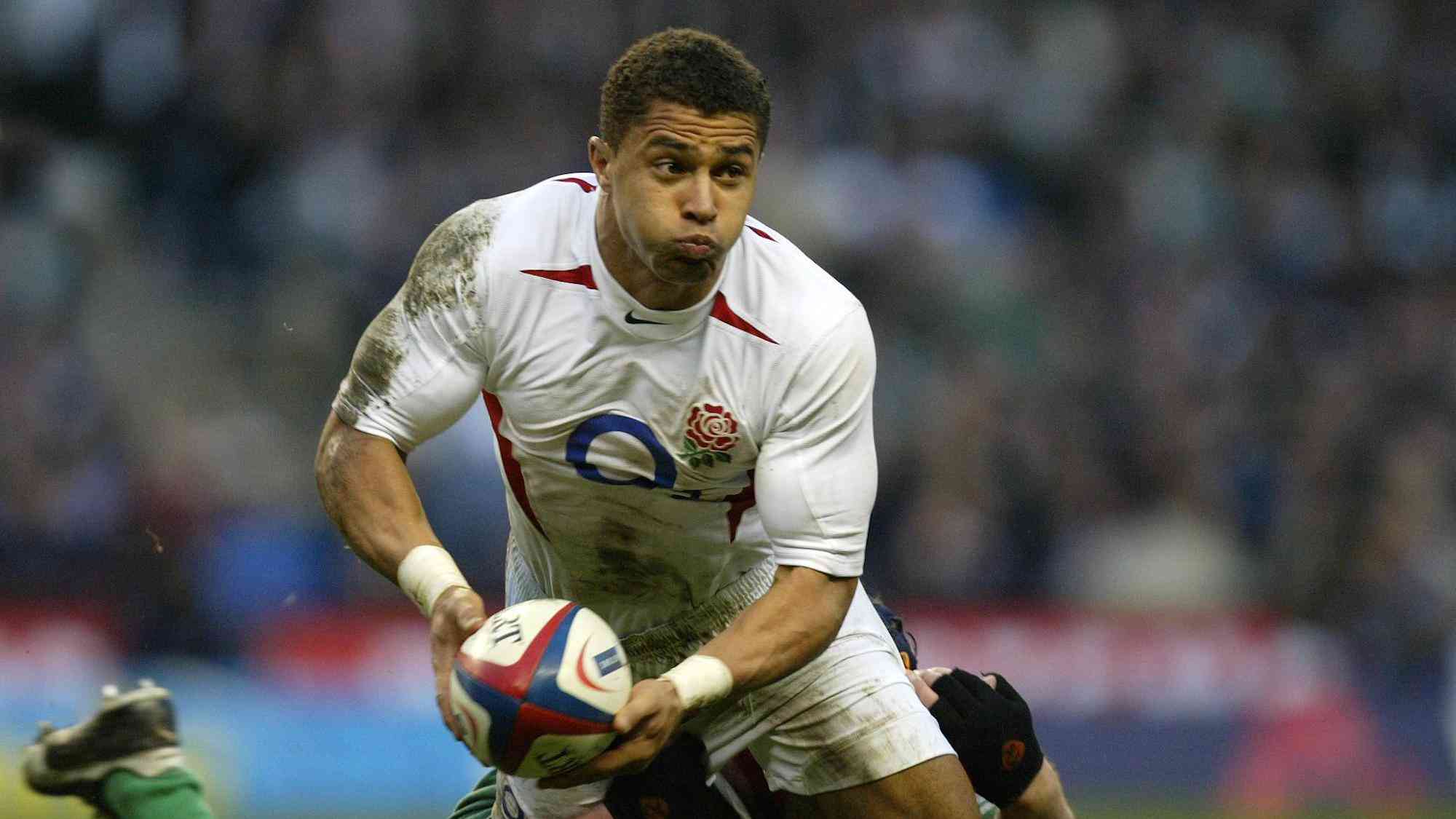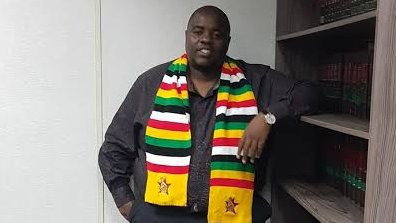
By Tim Middleton
“To lose one parent may be regarded as a misfortune; to lose both looks like carelessness.” These are the legendary words of Lady Bracknell in Oscar Wilde’s play The Importance of Being Earnest when she is speaking with the main character, Jack, to establish if he might be considered a suitable candidate for the hand in marriage of her daughter.
Of course, Jack could not be held responsible for losing both his parents, though Lady Bracknell does her best to insinuate such, as he was found as a baby in a handbag in a cloakroom at Victoria Station in London.
In truth, children are not likely to lose their parents though they are more than likely to lose many other things, as any visit to a school Lost Property station will reveal. It is staggering to see how much is left ‘Lost’, without being reclaimed, despite notices sent to parents even! There are the obvious pencils, crayons and books but equally there are shoes, blazers, sweaters and expensive sports kit that are left behind each day. ‘Lost Property’ is probably not the correct term to use; it is more like ‘Left Luggage’. Children seem to be very casual about all this.
To be fair to children, let us not forget that parents too are equally guilty of losing and leaving things, though parents will prefer to define it as ‘misplacing’ objects. Parents are notorious for losing their phone (fortunately we can always get someone to ring it for us to help us locate it), keys (sadly we cannot phone it, though there are gadgets that locate keys), television remotes (check down the side or back of the sofa), glasses (usually found on top of the head), wallets and shoes (no doubt the dog will be blamed). The question is though, can (and do) parents lose their children?
To answer that, we might go back to the line that, “To lose one parent may be regarded as a misfortune; to lose both looks like carelessness” and consider how it has triggered a number of variations by other writers and speakers. Ian Fleming, the author of the James Bond books, declared that, “Once is happenstance. Twice is coincidence. Three times is enemy action” while a poem by Jade Ivy has the line, “Once is an Accident, Twice is a Coincidence, Three Times is a Pattern.” We may be tempted to add our own version when it comes to parenting, along the following lines: once is an accident, twice is carelessness, three times is utter folly!
We would not be far off the mark if we were to claim that many parents would wish to finish the statement, “Once a parent” with the words, “Never again!” The experience and responsibility of raising a child has brought many a parent to their knees (not least in desperate prayer). It is hard, far harder than anything we imagined. Why did we ever even consider this? What were we thinking?
Of course, there are a couple of easy answers to the last two questions there but the reality is that we must finish the statement, “Once a parent” with the words, “Always a parent”. Once we become a parent, we cannot get out of it; we are parents forever. We go through every stage of childhood looking forward to the next stage, hoping it will be a relief, only to find the next stage is equally tough and demanding. Even when our precious child reaches adulthood (which also happens far more quickly than we imagined), we do not stop being a parent. The child may well leave home but he still remains our child (not our baby)) and the problems and troubles do not necessarily disappear. Even if our child is taken away from us early, through accident or illness, she still remains our child; we still have a responsibility to treasure the legacy of this precious life. Even in our old age, when our child may end up looking after us, she is still our child. Once a parent, always a parent.
- Chamisa under fire over US$120K donation
- Mavhunga puts DeMbare into Chibuku quarterfinals
- Pension funds bet on Cabora Bassa oilfields
- Councils defy govt fire tender directive
Keep Reading
Paul Simon had a hit song back in 1975 entitled Fifty Ways to Leave Your Lover and parents might be tempted to consider many different ways to leave their child, though Kulula Airlines in South Africa, who have been noted for making their on-board announcements different, warned against this when they announced on one flight, “As you exit the plane, make sure to gather all of your belongings. Anything left behind will be distributed evenly among the flight attendants. Please do not leave children or spouses.” To lose a child is not a misfortune; rather, we would miss a fortune, of memories, experiences, joys and privileges. We must not be careless but guard carefully what has been entrusted to us. Once, twice, three times a lady (as another song goes) but always a parent.
- Tim Middleton is the executive director of the Association of Trust Schools [ATS]. The views expressed in this article, however, are solely those of the author in his private capacity and do not necessarily represent the views of the ATS.
- email: [email protected]
- website: www.atschisz










